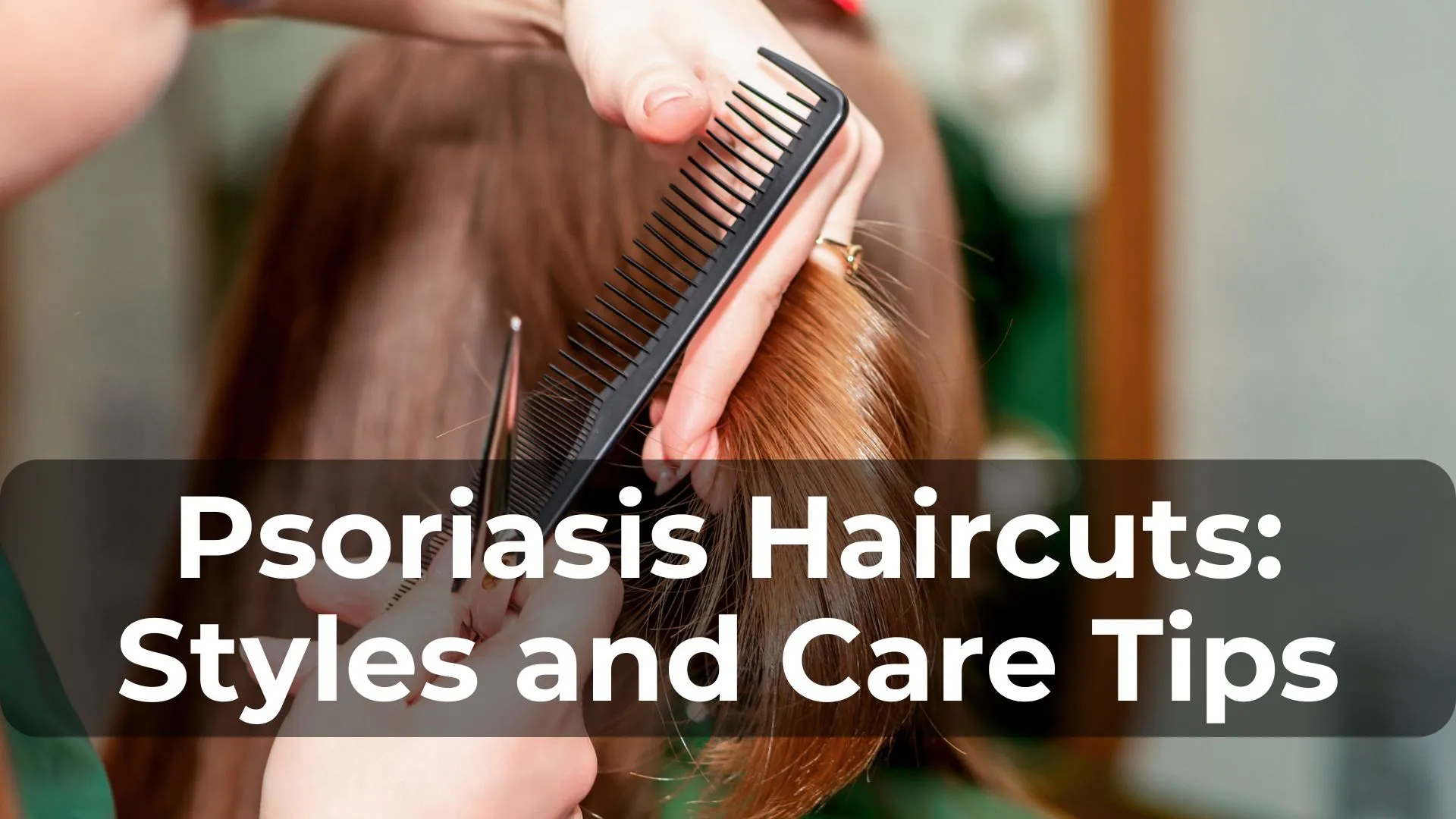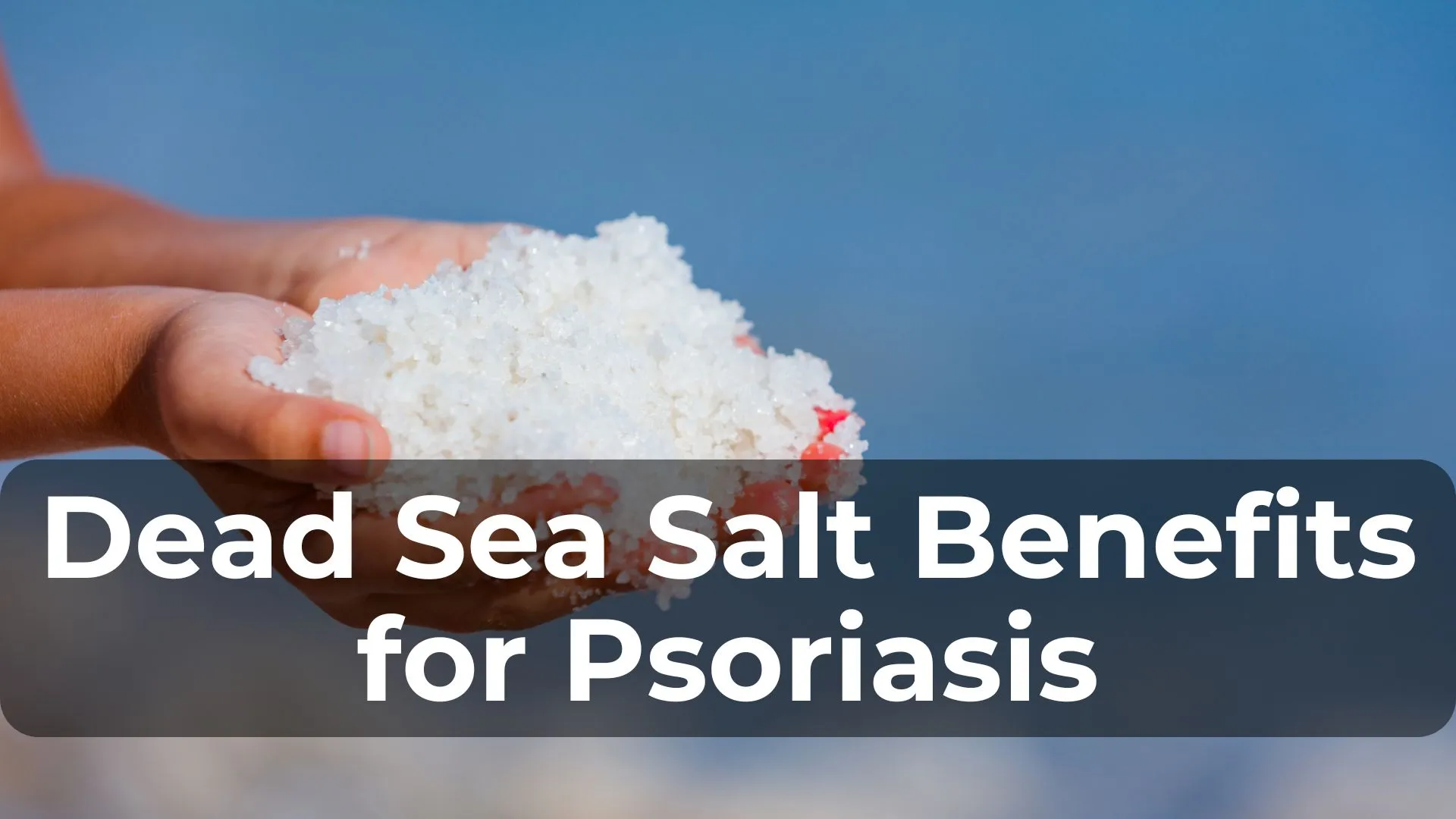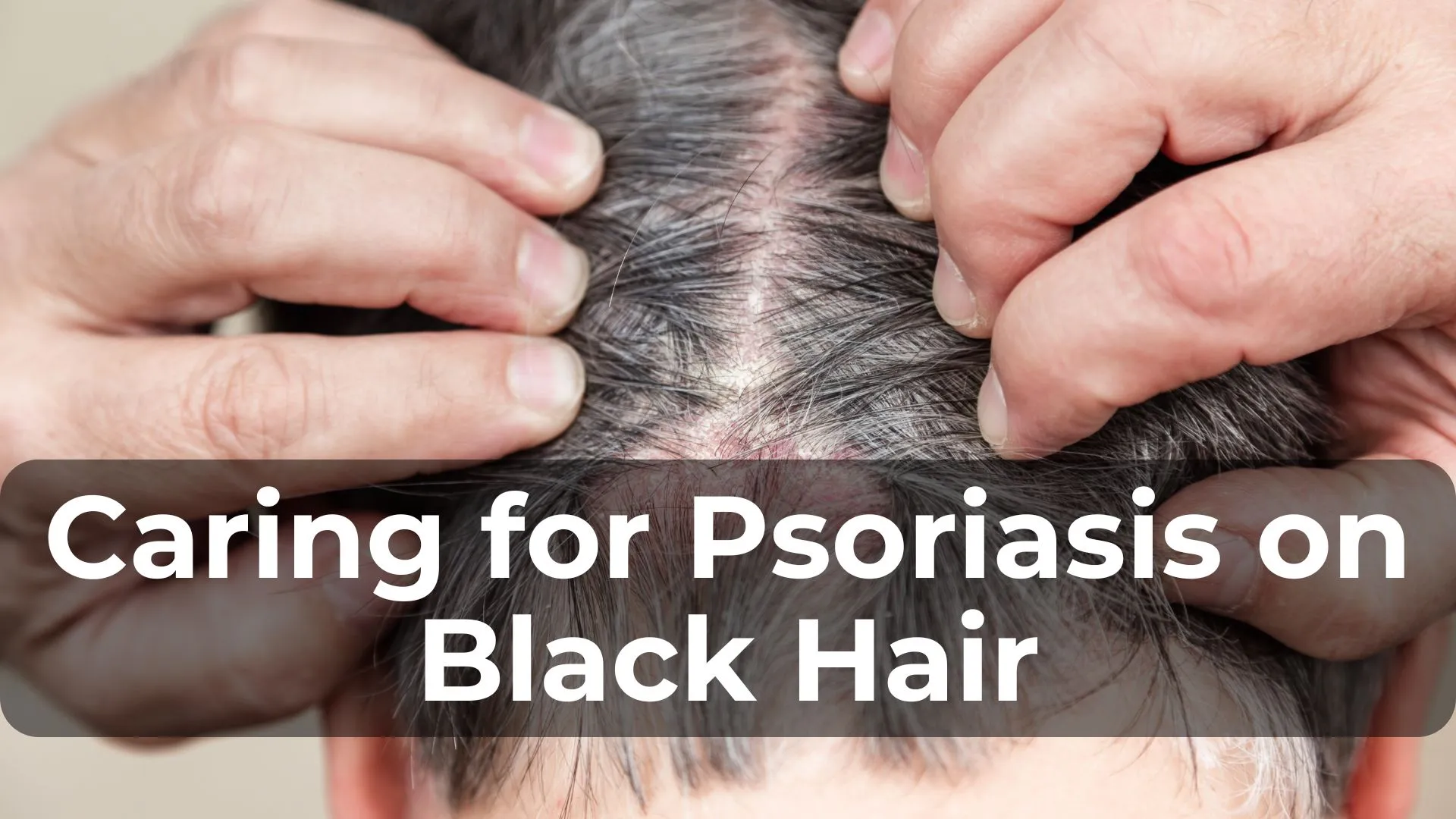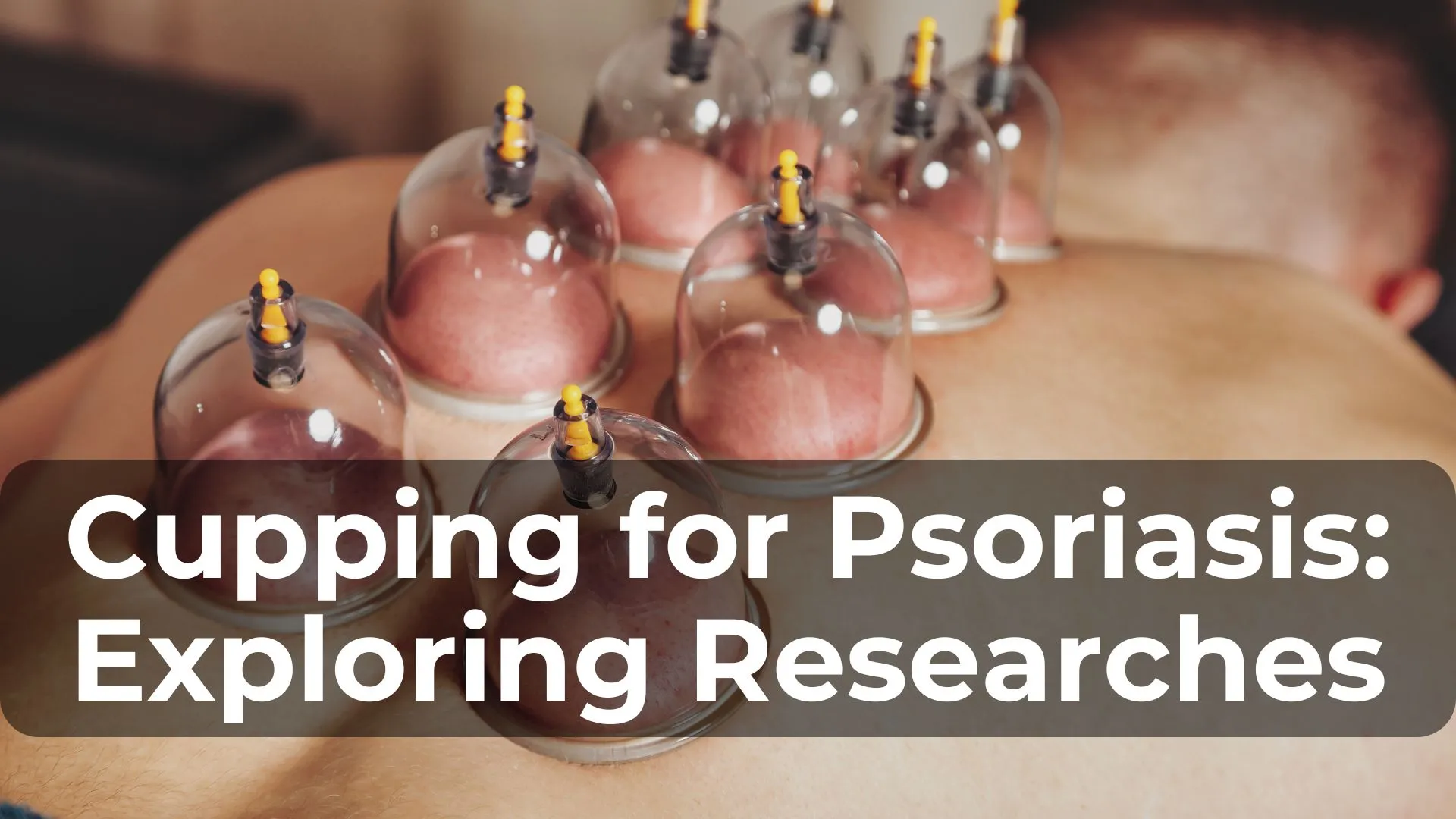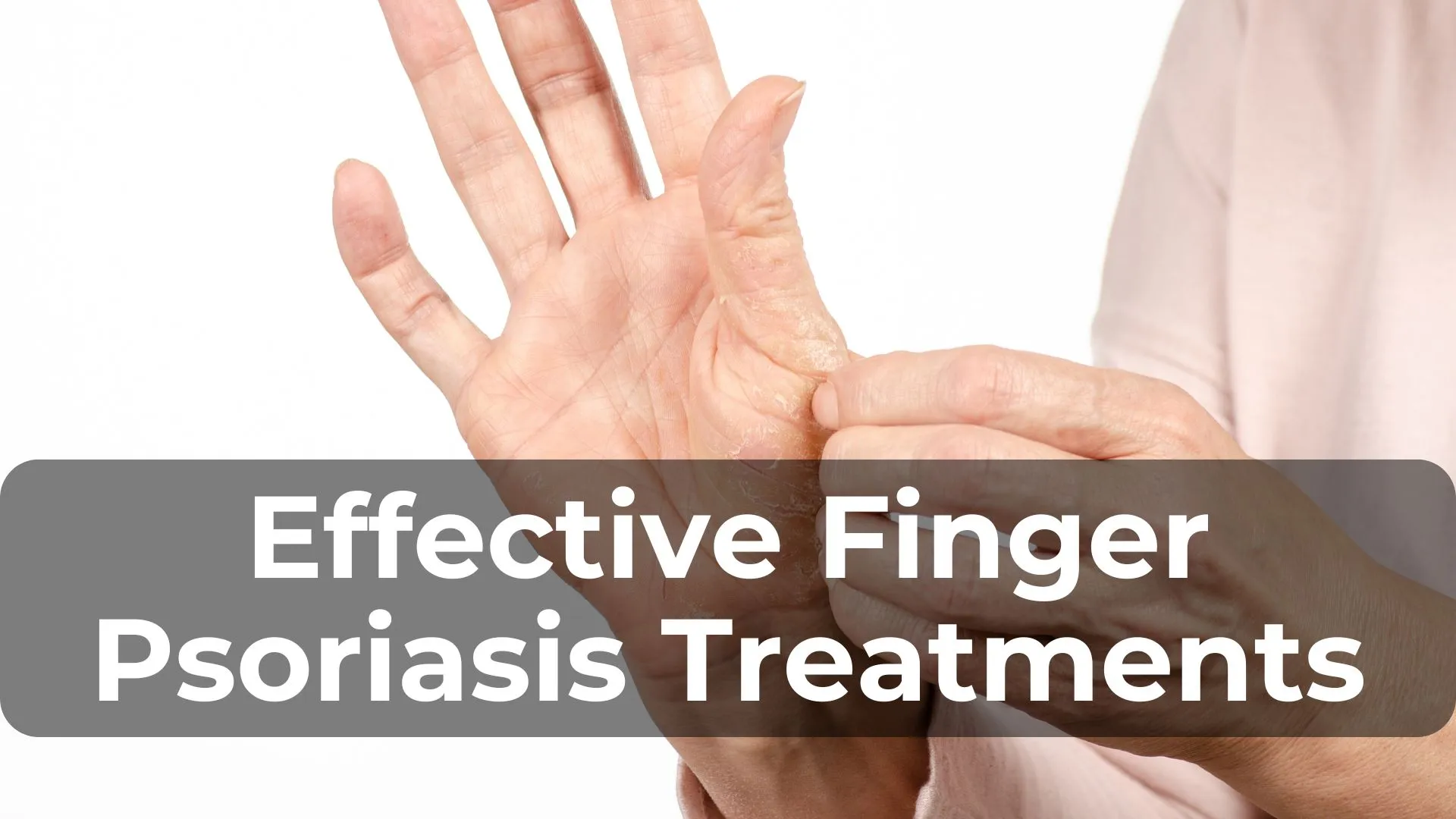
Hey there! If you’re dealing with finger psoriasis, you’re not alone. This pesky condition can be frustrating, but don’t worry – there are plenty of treatment options out there. Let’s dive into what works best and how you can find relief.
Table of Contents
ToggleThe Lowdown on Psoriasis Medications
First things first, let’s talk about the various medications available for psoriasis. You’ve probably heard of some of these:
• Topical corticosteroids • Vitamin D analogues • Retinoids • Calcineurin inhibitors • Salicylic acid • Coal tar
And for more severe cases, there are systemic medications and biologics. treatments can definitely help reduce or hide symptoms, giving you some much-needed relief. But here’s the thing – they’re not addressing the root cause of your psoriasis.
The Holistic Approach: Treating More Than Just Symptoms
You know what they say – treat the cause, not just the symptoms. That’s where a holistic approach comes in. To truly heal from psoriasis, we need to look at the bigger picture and work on all aspects of our health. It’s like giving your entire system a tune-up!
So, let’s break down the different aspects we need to focus on to bring balance back to our bodies and kick psoriasis to the curb.
Physical Aspect: Get Moving and Soak Up the Sun
Regular Exercise
Who doesn’t love a good endorphin rush? Exercise isn’t just great for your overall health – it can do wonders for your psoriasis too. Here’s why:
- It reduces inflammation in your body
- It helps manage stress (a known psoriasis trigger)
- It boosts your immune system
Try to aim for at least 30 minutes of moderate exercise most days of the week. Whether it’s a brisk walk, a dance class, or a swim, find something you enjoy and stick with it!
Sunlight Therapy
Ever notice your psoriasis improving during the summer? There’s a reason for that! Controlled exposure to sunlight can be beneficial for psoriasis. The UV rays help slow down the rapid cell growth that causes those scaly patches.
But remember, moderation is key. Too much sun can lead to skin damage and increase your risk of skin cancer. Start with short periods of sun exposure (5-10 minutes) and gradually increase. And don’t forget your sunscreen!
Chemical Aspect: You Are What You Eat
Dietary Changes
You’ve heard it before, and I’ll say it again – diet plays a huge role in managing psoriasis. Here are some tips:
- Cut down on inflammatory foods like red meat, dairy, and processed foods
- Load up on anti-inflammatory foods like fruits, vegetables, and fatty fish
- Consider going gluten-free – some people with psoriasis find this helpful
Remember, everyone’s different. Keep a food diary to track how different foods affect your symptoms.
Detoxification
Our bodies are pretty good at detoxing on their own, but sometimes they need a little help. Helping your body get rid of toxins can potentially improve your psoriasis symptoms. Try these gentle detox methods:
- Eat fiber-rich foods
- Try dry brushing your skin
- Consider a juice cleanse (but talk to your doctor first!)
Supplements
While a balanced diet should be your primary source of nutrients, some supplements may help manage psoriasis:
- Omega-3 fatty acids
- Vitamin D
- Probiotics
- Turmeric
Always check with your healthcare provider before starting any new supplements.
Emotional/Spiritual Aspect: Don’t Forget Your Mental Health
Living with psoriasis can be stressful, and stress can trigger flare-ups. It’s a vicious cycle! That’s why taking care of your emotional and spiritual well-being is crucial. Here are some ideas:
- Practice mindfulness or meditation
- Try yoga or tai chi
- Seek support from friends, family, or a support group
- Consider talking to a therapist
- Explore your spiritual side, whatever that means to you
Remember, healing isn’t just about your physical body – your mind and spirit need some TLC too!
Natural Remedies: Mother Nature’s Medicine Cabinet
Nature has some tricks up its sleeve when it comes to managing psoriasis. Here are some natural remedies you might want to try:
- Aloe vera: This soothing plant can help reduce redness and scaling
- Tea tree oil: Known for its anti-inflammatory properties
- Apple cider vinegar: May help with itching (but be it can burn!)
- Oatmeal baths: Can help soothe irritated skin
- Dead Sea salts: Many people find these helpful for psoriasis
While these natural remedies can be helpful, they’re not a substitute for medical treatment. Always talk to your doctor before trying new treatments.
Bringing It All Together
Whew! That was a lot of information, wasn’t it? But here’s the takeaway – treating finger psoriasis effectively isn’t about finding one magic bullet. It’s about a holistic approach and addressing all aspects of your health.
Think of it like tending a You can’t just water the plants and expect them to thrive. You need to make sure the soil is healthy, provide the right amount of sunlight, protect them from pests, and give them the nutrients they need. Your body is the same way – you need to nurture it on all levels to truly heal.
So, start small. Maybe begin with some dietary changes and a regular exercise routine. Then gradually incorporate other elements like stress management techniques and natural remedies. Keep track of what works for you and what doesn’t.
Remember, healing takes time. Be patient with yourself and celebrate small victories along the way. And most importantly, don’t hesitate to reach out to your healthcare provider or a dermatologist for guidance.
You’ve got this! With a holistic approach an bit of perseverance, you can manage your finger psoriasis and get back to living your best life. Here’s to healthier, happier skin!




